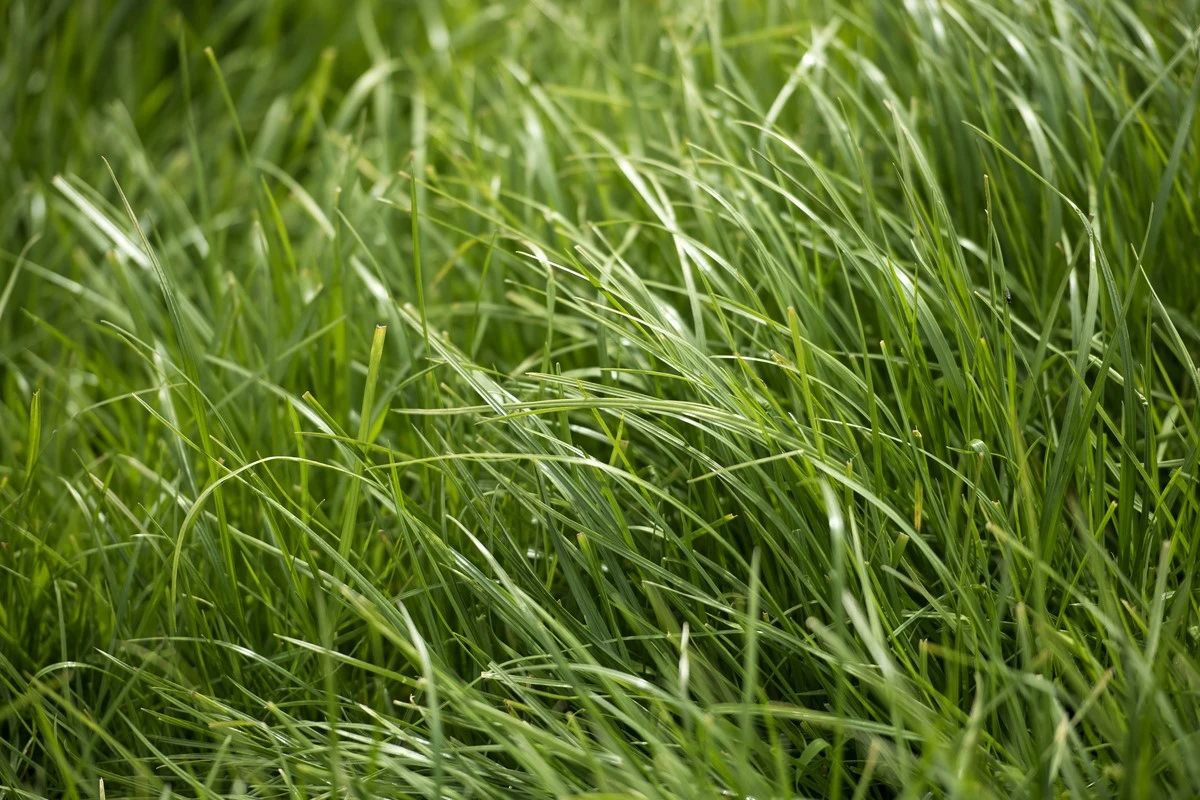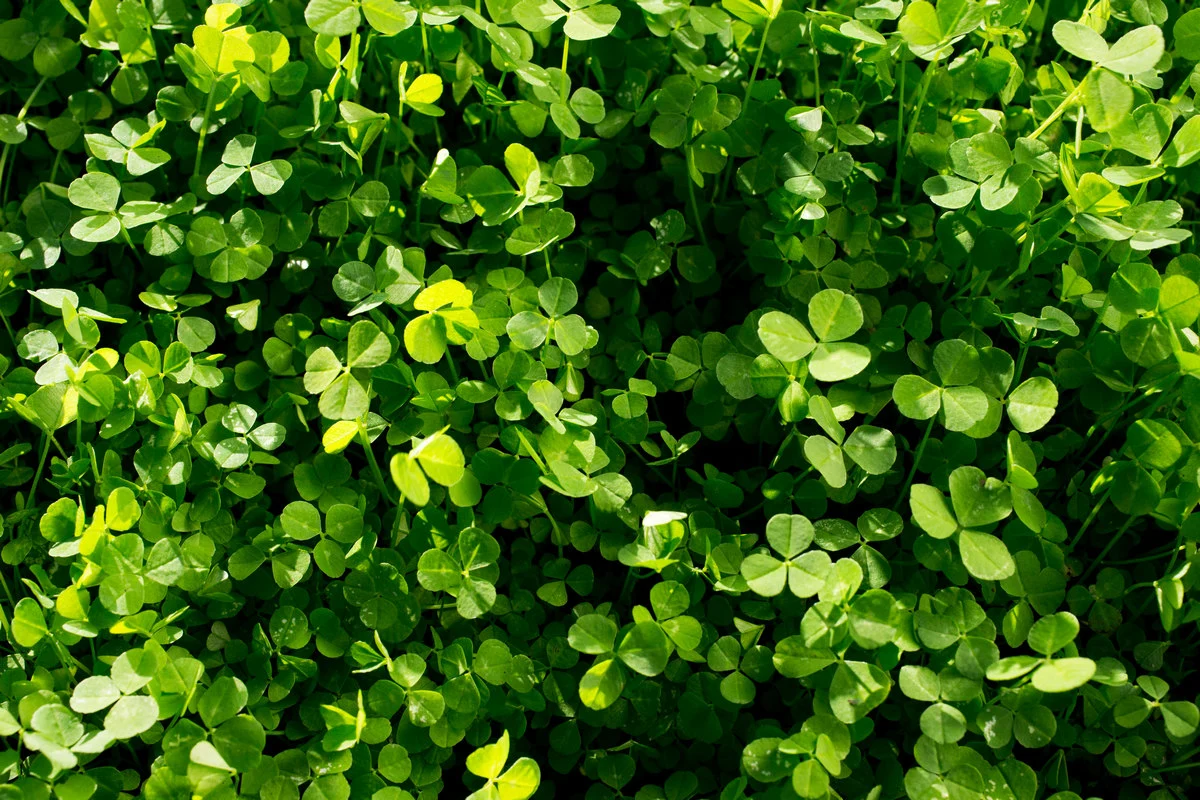United Kingdom
April 30, 2024
The rise of government schemes across the UK means that multiple funding sources are now available for converting to an organic livestock farming system.
With the initial conversion period being costly, funding provides income to ensure this is completed successfully, leaving a viable organic livestock operation ready to start securing premiums for meat and milk.
Quality homegrown forage is integral to supporting output and profitability when converting to organic production. With organic concentrate feed selling at a premium, homegrown forage is a more sustainable, cost-effective option after converting.
Use Germinal’s top-rated organic grass seed mixtures
Selecting high-quality mixtures will ensure you have a supply of nutritious homegrown forage to drive production. Germinal can provide organically certified versions of our highly productive Aber High Sugar Grasses (HSG), which are among the top-performing varieties on the Recommended Grass and Clover List each year.

So, you can rest assured that our organic grass seed mixtures have been expertly formulated to deliver on production, while also reducing emissions and ensuring compliance. Where available, we can also provide government-compliant mixtures for the likes of SFI and Countryside Stewardship.
Explore our 2024 organic mixtures below:
- Bio Cutting: Combining organic perennial ryegrasses and white clover, this mixture delivers high cutting yields.
- Bio Dual: Offering five years of production, Bio Dual produces forage that can be cut and grazed.
- Bio Pasture: Developed with Aber HSG varieties and white clover, BioPasture establishes a productive seven-year grazing ley.
- Bio Red 5: Establish a five-year ley that produces high-protein, organic red clover silage – find BioRed 5 here.
- SAM3 Organic Herbal Leys: This SFI mixture is ideal for both existing organic farmers and those who are converting.
- SAM3 Organic Overseeding: We recommend this SAM3 SFI mixture for organic farmers who have applied for this action and want to rejuvenate older pasture.
Organic forage advice
Before switching to organic livestock farming practices, you need to select a government-approved body and consult their certification process. This will inform you of the steps to attaining organic status.
After starting the application, you can begin the conversion process, needing to pass inspections to attain certification and then renew each year. To become an organic livestock farm, it can take approximately two years to complete the conversion.
When compared with conventional grassland farming, we tend to find that ploughing is more effective at reseeding in an organic system. This is because direct drilling is less effective, given that chemical sprays cannot be used to burn off thatch. With ploughing, better seed-to-soil contact can be achieved in organic grassland farming.
Clover becomes essential in organic livestock farming, fixing 150 kg N/ha each year, making up for the inability to use chemical fertiliser. Defra offers advice on selecting non-artificial fertilisers and pesticides that are suitable for use in organic livestock production.

With organic grassland management, it is ultimately about preventing issues rather than reacting to them. For example, rotating where calves and lambs graze each year can prevent parasites from building up in a specific field. You can consult Nadis for detailed advice on preventing parasitic gastroenteritis in cattle.
Ask Germinal – the forage experts
Visit Defra for advice on starting the certification process – or contact your regional Germinal expert below with any questions about organic forage production.
William Fleming, Area Sales Manager (Scotland, Northeast England)
T: 07971640428
E: william.fleming@germinal.com
Paul Morgan, Area Sales Manager (Southern England, South Wales)
T: 07713 878069
E: paul.morgan@germinal.com
Harley Brown-Keech, Area Sales Manager (Central England, North Wales)
T: 07880469645
E: harley.brown-keech@germinal.com